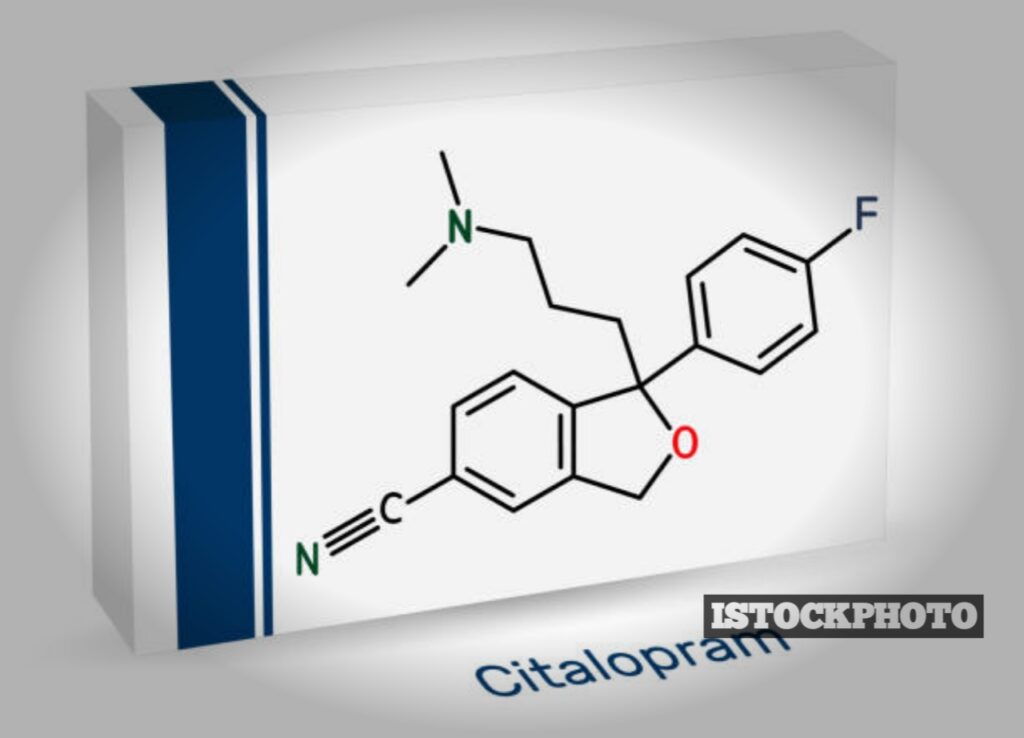Amoxicillin is a commonly prescribed antibiotic that is primarily used to treat bacterial infections. However, there is often confusion regarding its effectiveness in treating parasitic worm infections in humans. In this article, we will delve into the topic to determine whether amoxicillin can kill worms in humans and explore the appropriate treatment options for such infections.
When it comes to worms in humans, it is important to understand that they fall under the category of parasitic infections, which are caused by various types of worms, including roundworms, pinworms, hookworms, and tapeworms. These infections are generally not responsive to antibiotics like amoxicillin.
Parasitic worm infections require specific medications known as anthelmintics, which are designed to target and eliminate the worms. Amoxicillin, on the other hand, is ineffective against parasites and will not kill or eradicate them from the body.
To effectively treat worm infections, it is crucial to identify the specific type of worm causing the infection. This is typically done through stool sample analysis or other diagnostic tests. Once the type of worm is identified, healthcare professionals can prescribe the appropriate anthelmintic medication.
In some cases, if a bacterial infection is present alongside a worm infection, a healthcare provider may prescribe amoxicillin or another antibiotic to address the bacterial component of the illness. However, it is important to note that the antibiotic will only target the bacteria and will not have any effect on the worms themselves.
In summary, amoxicillin does not have the capability to kill worms in humans. For effective treatment of parasitic worm infections, it is necessary to consult a healthcare professional who can properly diagnose the infection and prescribe the appropriate anthelmintic medication.
Can Amoxicillin Kill Worms in Humans?
As discussed in the previous section, amoxicillin is not effective in killing worms in humans. While amoxicillin is a powerful antibiotic that can successfully combat bacterial infections, it does not possess the necessary properties to eradicate parasitic worms.
It is important to differentiate between bacterial and parasitic infections when considering treatment options. Bacterial infections are caused by bacteria and are typically treated with antibiotics, including amoxicillin. However, parasitic worm infections require specific anthelmintic medications that are specifically designed to target and eliminate the worms.
Attempting to treat a worm infection with amoxicillin or any other antibiotic will not only prove ineffective but may also lead to the development of antibiotic resistance. This can further complicate treatment options and hinder the effectiveness of antibiotics in the future.
If you suspect a worm infection, it is crucial to consult a healthcare professional who can provide an accurate diagnosis and recommend appropriate treatment. They may conduct various tests, such as stool sample analysis or blood tests, to identify the type of worm causing the infection. Based on the diagnosis, they will prescribe the appropriate anthelmintic medication to target and eliminate the worms.
Remember, self-diagnosis and self-medication can be risky and ineffective. Always seek professional medical advice when dealing with any kind of infection, including parasitic worm infections.
What Does Amoxicillin Cure?
Amoxicillin is a broad-spectrum antibiotic that is commonly prescribed to treat various bacterial infections. It belongs to the penicillin class of antibiotics and works by inhibiting the growth of bacteria, ultimately leading to their destruction. Amoxicillin is effective against a wide range of bacteria and is commonly used to treat the following conditions:
Respiratory Infections
Amoxicillin is frequently prescribed to treat respiratory tract infections such as bronchitis, pneumonia, and sinusitis. It helps alleviate symptoms and eliminates the bacterial cause of the infection.
Ear Infections
Middle ear infections, also known as otitis media, are often treated with amoxicillin. This antibiotic helps to clear the infection and reduce inflammation in the ear.
Urinary Tract Infections (UTIs)
Amoxicillin is commonly prescribed for UTIs caused by susceptible bacteria. It helps to eliminate the bacteria from the urinary tract and alleviate the associated symptoms, such as pain and frequent urination.
Skin Infections
Certain types of skin infections, including cellulitis and impetigo, can be effectively treated with amoxicillin. It helps to control the infection and promote healing of the affected skin.
Dental Infections
Amoxicillin is frequently used in the treatment of dental infections, such as dental abscesses. It helps to eliminate the bacteria causing the infection and reduce pain and swelling in the affected area.
Sexually Transmitted Infections (STIs)
Amoxicillin can be used to treat certain STIs caused by susceptible bacteria. For instance, it may be prescribed in combination with other medications to treat chlamydia infections.
It is important to note that while amoxicillin is effective against bacterial infections, it is not effective against viral infections. Viral illnesses, such as the common cold or flu, do not respond to antibiotics and should not be treated with amoxicillin or any other antibiotic unless there is a secondary bacterial infection present.
Conclusion
Amoxicillin is a potent antibiotic used to treat a variety of bacterial infections affecting different parts of the body, including respiratory, urinary, dental, and skin infections. However, it does not have any efficacy against parasitic worm infections. For the treatment of worm infections, it is crucial to consult a healthcare professional who can provide accurate diagnosis and prescribe the appropriate anthelmintic medications designed specifically to eliminate the worms. Always follow the guidance of a healthcare professional and avoid self-medication to ensure effective and safe treatment.
[starbox]



